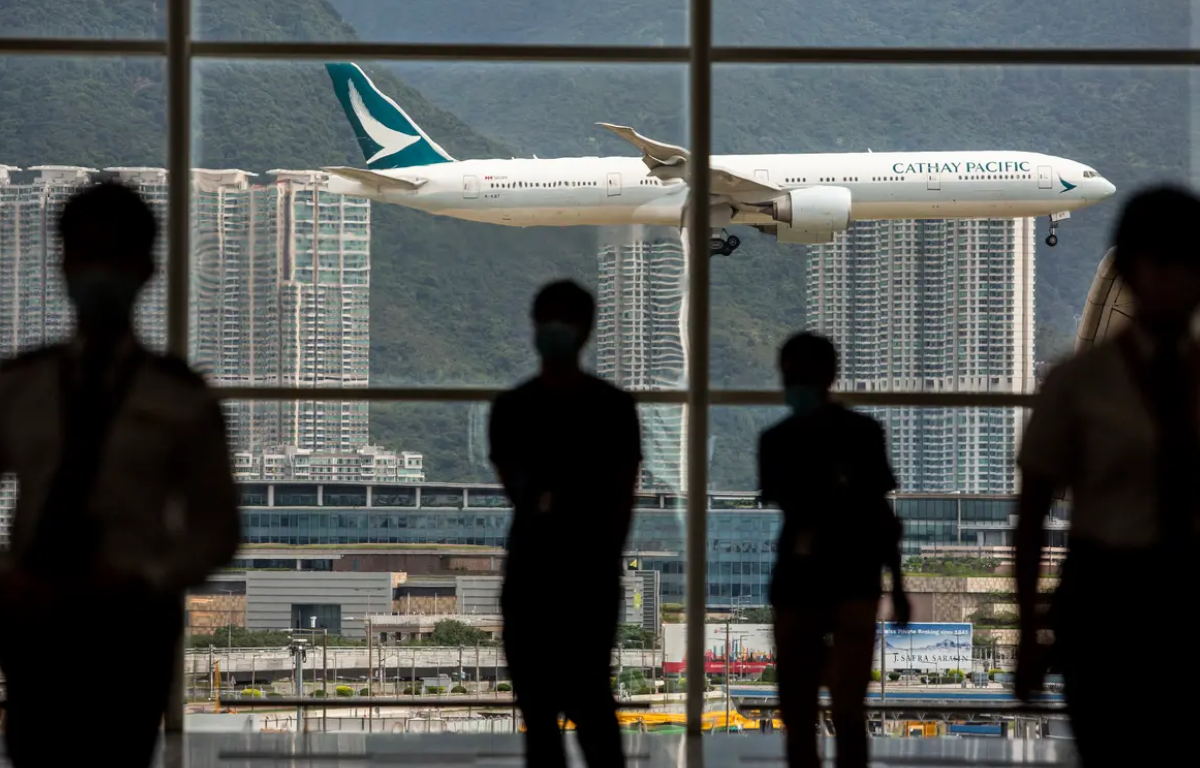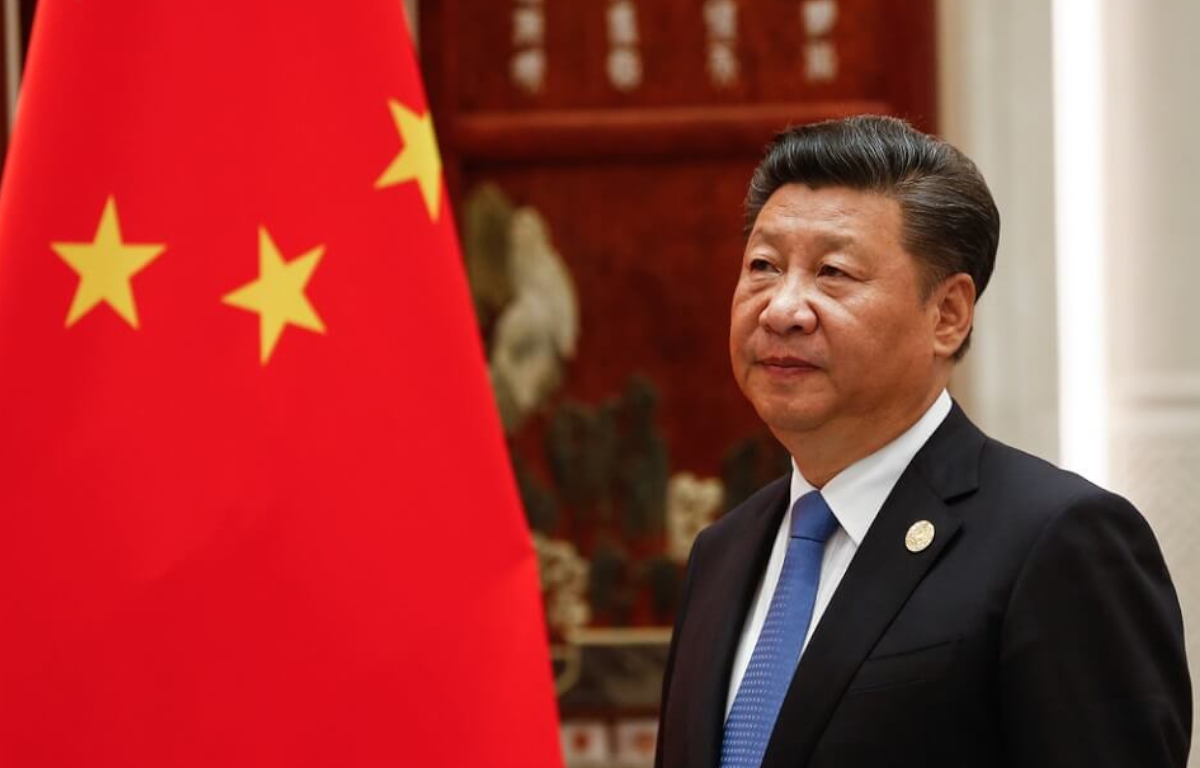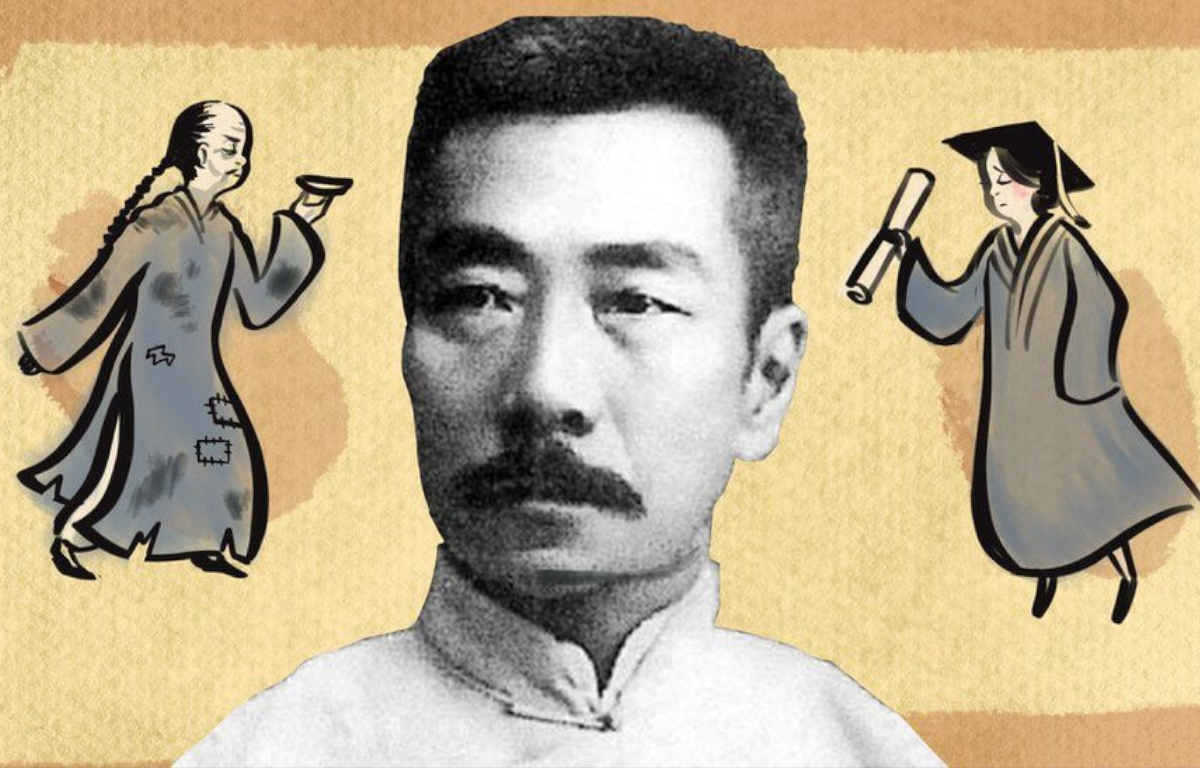
Xi has made it clear that he views the upcoming Congress as a critical moment for China, saying that it will be a time for the party to “unite and forge ahead” to overcome the country’s challenges and ensure its continued rise as a global superpower. However, this message is being interpreted by some as a warning that Xi is preparing to crack down even harder on dissent and further limit freedom of expression in the country.
One of Xi’s key moves in the lead-up to the Congress has been a crackdown on so-called “disorderly” and “chaotic” online content. The government has launched a new campaign to “clean up” the internet, targeting everything from fake news and rumors to pornography and gambling sites. Critics say that the campaign is really just an excuse to silence political dissidents and tighten control over the country’s already heavily regulated internet.
Xi has also been promoting his own loyalists and cracking down on officials who are seen as disloyal or corrupt. In recent months, he has replaced several top officials with his own people, including the governor of the central bank and the head of the country’s top economic planning agency.
All of these moves suggest that Xi is preparing to tighten his grip on power even further in the coming years. While China has made significant economic and social progress under Xi’s leadership, there are concerns that his emphasis on control and centralization could stifle innovation and creativity, and limit the country’s potential for long-term growth.
As China’s Communist Party Congress approaches, the world will be watching closely to see what direction Xi takes the country in. Will he continue to consolidate his power and crack down on dissent, or will he take a more moderate approach and allow greater freedom of expression and political diversity? The answer to this question could have far-reaching implications not just for China, but for the world as a whole.










Share this: